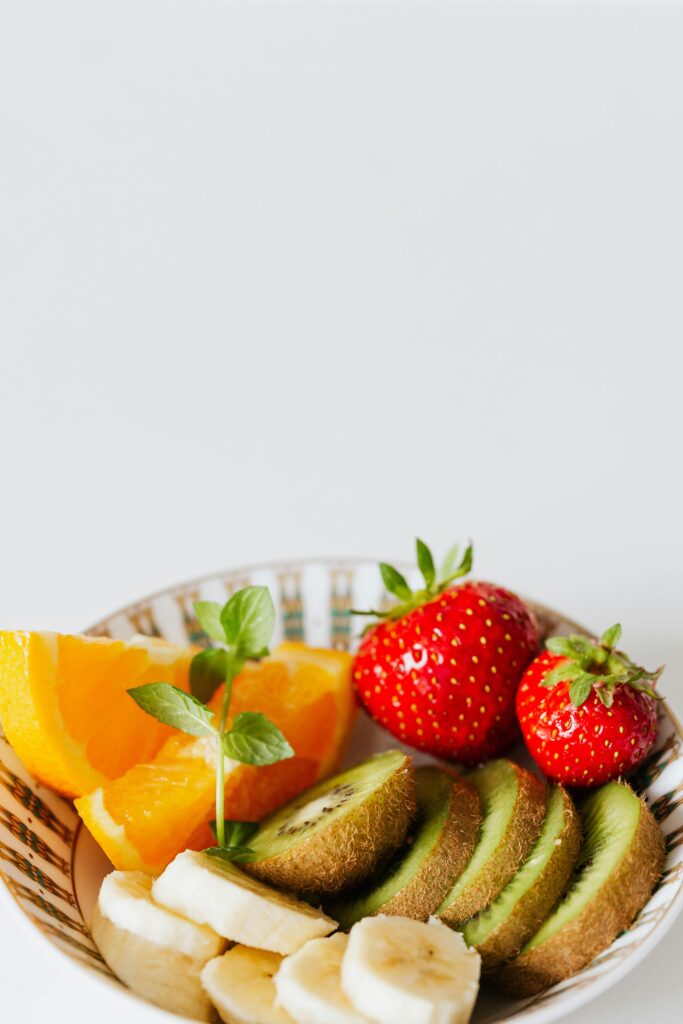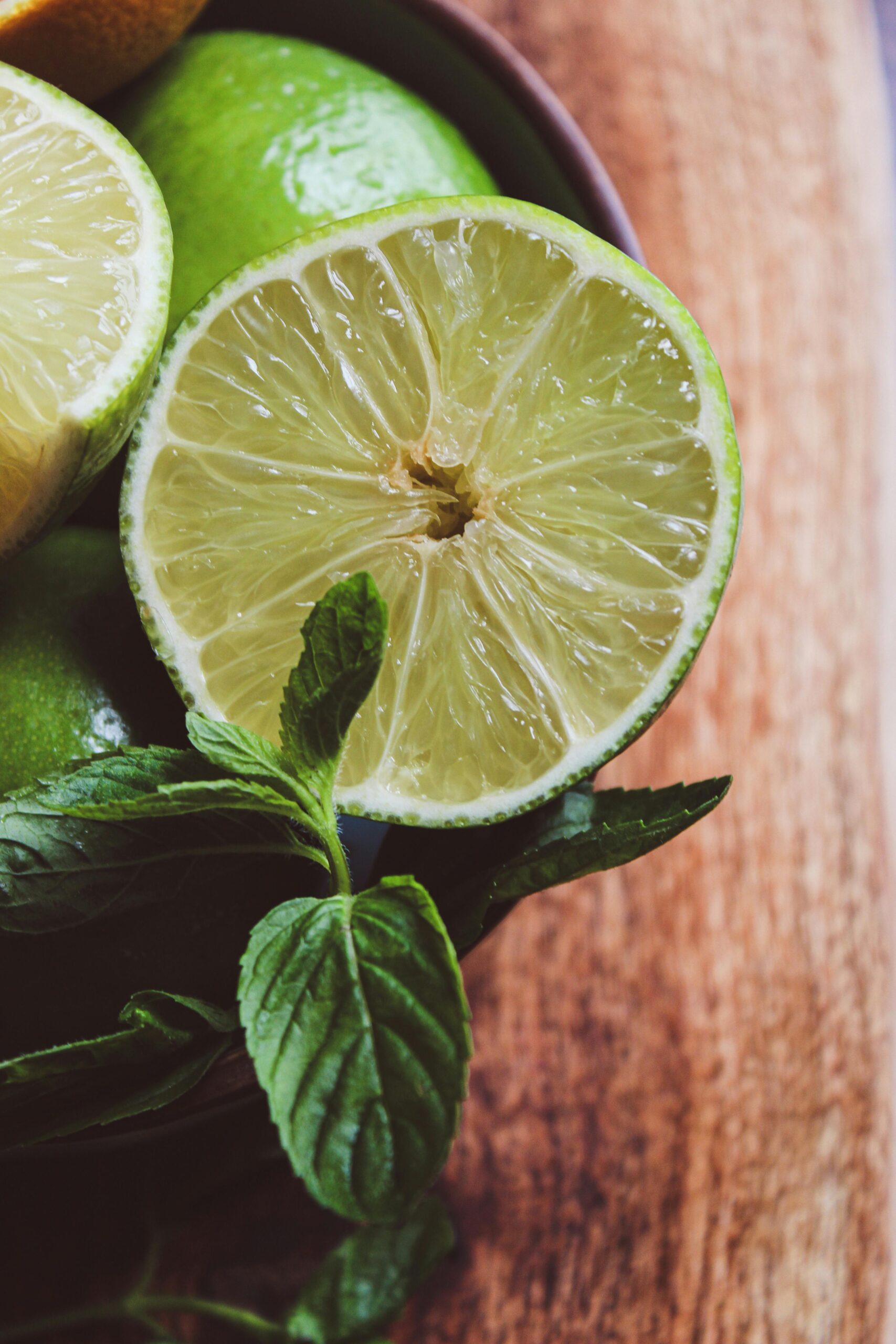Answer for the question how to improve immune system is essential for protecting our body against infections and circumstances. While genetics and life factors play a part, the food we consume can have a significant impact on the strength and effectiveness of our immune system. In this composition, we will explore important foods that can support and improve your immune system, helping us stay healthy throughout the time.
What is Immune System?
Before diving into the foods that support immune system, it’s important to understand how the immune system works and how to improve immune system The immune system is a complex network of cells and organs that work together to defend the body against dangerous raiders similar as bacteria, contagions, and spongers. It includes factors like white blood cells, antibodies, the spleen, and the lymph bumps. A strong immune system is suitable to identify and exclude pathogens efficiently. Still, factors similar as poor diet, stress, lack of sleep, and environmental poisons can weaken immune function, making the body more susceptible to illness.
Important Nutrients for healthy Immune system (How to improve immune system)
Several nutrients play significant places in the functioning of the immune system. These nutrients help spark immune cells, enhance the product of antibodies, and reduce inflammation. Below are some of the most important nutrients for vulnerable support:

1. Vitamin C
Vitamin C is one of the most well- known nutrients for boosting impunity. It’s a important antioxidant that helps cover cells from oxidative damage and supports the product and function of white blood cells. Also, vitamin C enhances the skin’s capability to defend against pathogens and reduces the inflexibility of respiratory infections.
Foods rich in vitamin C are citrus fruits like oranges and grapefruits.
2. Vitamin D
Vitamin D plays an important role in healthy immune system. It helps spark immune cells like T- cells and macrophages, which are essential for fighting off infections. An insufficiency in vitamin D has been linked to increased immunity to respiratory infections and autoimmune conditions.
Foods rich in vitamin D are adipose fish (Salmon), daily products, egg yolks and mushrooms exposed to sun.
3. Zinc
Zinc is a vital mineral that supports the product of immune cells and helps maintain the integrity of the skin and mucous membranes. It also plays a part in controlling inflammation and in the regulation of oxidative stress. A zinc insufficiency can vitiate immune cell function and increase the risk of infections.
Foods rich in zinc are shellfish (Oyster, grouser, lobster), Red meat, Legumes (Chickpeas), Nuts, seeds and whole grains.
4. Probiotics
The gut Micro biome is a crucial player in immune function, with about 70 of the body’s immune cells located in the digestive tract. Probiotics, or” good bacteria,” help maintain a healthy gut terrain, which in turn supports to healthy immune system. These helpful bacteria also help balance the immune system, reducing inflammation and promoting the product of antibodies.
Foods rich in probiotics are yogurt, kefir, sauerkraut, kimchi, Miso and tempeh.
5. Vitamin E
Vitamin E is another potent antioxidant that helps cover immune cells from oxidative damage. It also helps regulate the immune response and enhances the body’s capability to fight off infections. An insufficiency in vitamin E can lead to a weakened immune response.
Foods rich in vitamin E are nuts, seeds (Almonds, sunflower seeds), Spinach, Kale, Broccoli, Avocado and olive oil.
6. Garlic
Garlic is not only a delicious addition to numerous dishes but also an important immune- boosting food. It contains composites like allicin, which have antimicrobial parcels and can help fight infections. Garlic also helps stimulate the exertion of white blood cells, promoting overall immune function.
How to use garlic?
Add raw garlic to salads or smoothies, include garlic in mists, stews, and gravies, take garlic supplements if recommended by a healthcare provider
7. Turmeric
Turmeric contains curcumin, an emulsion with potent anti-inflammatory and antioxidant effects. Curcumin helps modulate the immune response and has been shown to reduce the inflexibility of seditious conditions, similar as arthritis, which can weaken the immune system. Regular consumption of turmeric may help enhance overall immune function.
How to use turmeric?
Add turmeric to curries, mists, or teas, take curcumin supplements (after consulting with a healthcare provider)
8. Gusto
Gusto has long been used in traditional drug for its anti-inflammatory and antioxidant effects. It can help reduce inflammation and support the immune system by enhancing the body’s capability to fight infections. Gusto also aids in digestion, which is important for maintaining a healthy gut micro biome.
How to use gusto?
Add fresh gusto to smoothies, teas, or stir- feasts, Use ground gusto in incinerate or cooking
9. Green Tea
Green tea is packed with antioxidants, particularly catechins, which have immune- boosting and antiviral activities. Drinking green tea regularly can enhance immune function by promoting the product of immune cells and helping fight off infections.
How to incorporate green tea?
Drink a mug of green tea diurnal, try matcha, a powdered form of green tea, for a redundant boost of antioxidants
10. Berries
Berries, similar as blueberries, snorts, and blackberries, are rich in antioxidants, particularly flavonoids, which have been shown to enhance immune function. These antioxidants cover immune cells from oxidative stress, ameliorate the response to infections, and help reduce inflammation.
Foods rich in berries are blueberries, strawberries, blackberries, snorts and acai berries.

Making an Immune Boosting diet Plan
To insure that your immune system receives all the nutrients it needs, concentrate on a balanced diet that includes a variety of whole, nutrient- thick foods. For improving immune system there are some tips for creating an immune boosting meal plan:
i. Eat a variety of various fruits and vegetables to insure you’re getting a broad range of vitamins, minerals, and antioxidants.
ii.Incorporate healthy fats similar as olive oil painting, avocado, and adipose fish, which are rich in omega- 3 adipose acids that help regulate the immune system.
iii.Choose whole grains like quinoa, brown rice, and oats for fiber, which supports a healthy gut micro biome.
iv.Stay doused by drinking plenitude of water, herbal teas, and broth- grounded mists to maintain the mucosal membranes that line your respiratory and digestive tracts.
A Sample Immune Boosting meal timings
Breakfast:
Oatmeal outgunned with fresh berries, chia seeds, and a sprinkle of cinnamon, accompanied by a mug of green tea.
Lunch:
A salad with mixed flora, avocado, bell peppers, pumpkin seeds, and grilled funk, dressed with olive oil and bomb juice.
Snack:
A sprinkle of almonds and a small orange or kiwi.
Conclusion
A well- balanced diet rich in immune boosting foods can strengthen your immune system, helping to cover your body against infections and ails. By incorporating a variety of fruits, vegetables, healthy fats, and fermented foods into your diurnal meal timings, you can support your immune function and promote overall health. Flash back, a healthy life that includes regular exercise, acceptable sleep, and stress operation also plays a critical part in maintaining a strong immune system.
For related articles and information, you may click here
Frequently Asked Questions (FAQs)
-
Can I take supplements rather of eating these foods to improve my immune system?
While supplements can help fill in nutritive gaps, it’s always better to get your nutrients from whole foods. Whole foods contain a wide range of nutrients that work together to support your health in ways supplements cannot completely replicate. However, talk to your healthcare provider about whether supplementation is necessary, if you are concerned about specific scarcities.
-
How long does it take to see the goods of eating immune- boosting foods?
The goods of eating immune- boosting foods vary depending on individual health conditions and life factors. Still, continually eating a nutrient- thick diet will support your immune system over time. While you may not notice immediate changes, a strong immune system is got stronger over months or by passage of times of healthy habits.


5 thoughts on “How to improve immune system? By Healthy food in 2024”